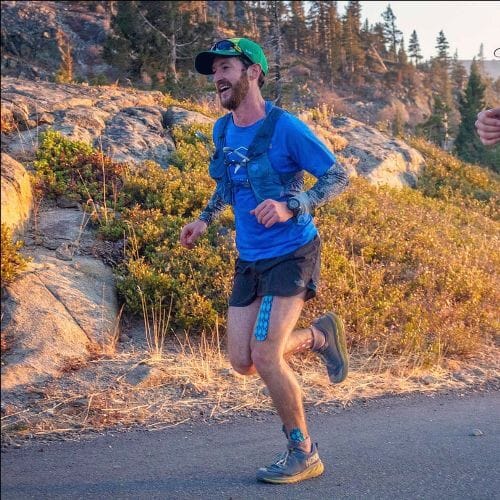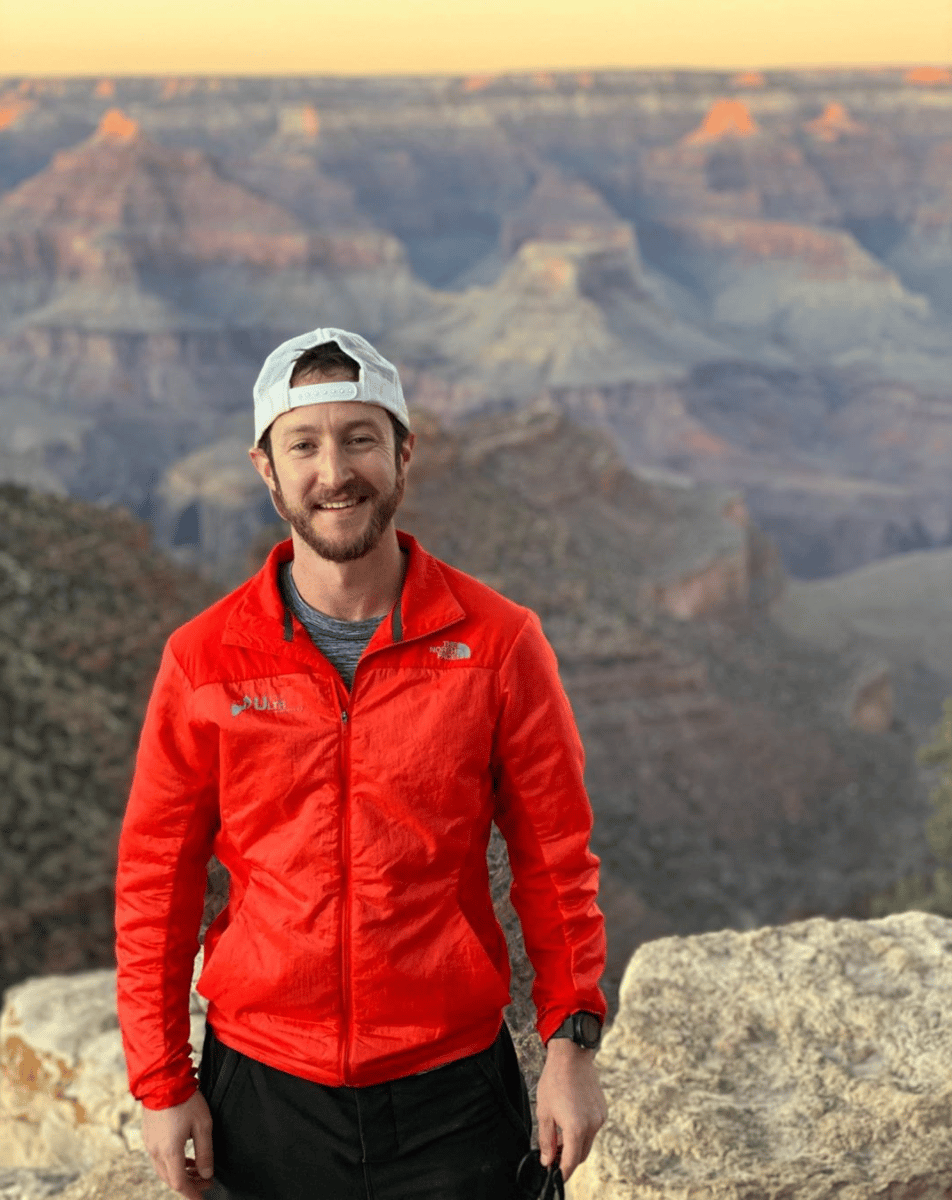Motherhood, Mental Health, and the Mountains: Amanda Basham on Running with Resilience
From Competitive Drive to Compassion
Amanda Basham built her name as a top American ultrarunner, stringing together podium finishes at races like Western States 100, CCC, and Speedgoat. But after becoming a mother of two, her definition of strength shifted.
“I think I’ve always been a little bit driven to an unhealthy degree,” she said. “I was doing so much, and I was exhausted all the time, and I wasn’t really taking care of myself.”
Motherhood forced a reckoning: she couldn’t run, parent, and work at the same relentless pace. “I had to slow down,” she explained, and that slowdown changed everything.
Running Through the Postpartum Fog
Amanda described pregnancy and postpartum recovery as both humbling and empowering.
“It’s so weird because you go through this amazing process of growing a human, and then you feel like your body’s not your own,” she said. “You want to get back to who you were, but you’re not that person anymore.”
After her first child, she rushed the comeback. After her second, she promised to do it differently: listening to her body, resting more, and redefining success.
“I had to separate my identity from being just a runner,” Amanda said. “Once I did that, I started loving running again.”
The Pressure to “Bounce Back”
Social media made that process harder. “People were like, ‘Oh my gosh, you’re back running already!’ ” she recalled. “And I was like, no, I’m walking, and I’m tired, and my body hurts.”
She emphasized that what others see online rarely matches reality. The postpartum timeline is nonlinear: healing takes time, and comparison steals joy.
“I think women need to hear that it’s OK to not be OK,” she said. “You can still be strong and be struggling.”
The Weight of Burnout
Even before becoming a mom, Amanda experienced deep burnout. Training, work, and constant self-imposed pressure left her anxious and depleted.
“I would cry before runs,” she admitted. “I’d be like, why am I doing this? I don’t even want to go out the door.”
Recognizing that pattern became a turning point. Therapy, honest conversations with friends, and unstructured trail time helped her rebuild a healthier relationship with running.
“It took years,” she said. “But now I know how to catch myself when I start slipping into that perfectionism again.”
Reclaiming Joy on the Trails
When Amanda finally returned to consistent training, she made one rule: joy first.
“I stopped worrying about mileage,” she said. “If it’s 30 minutes and I’m happy, that’s enough. If it’s 20 miles and I’m happy, that’s enough.”
That shift didn’t just revive her love of running; it improved her racing, too. She lined up at Western States 2023 grateful just to be there. “That race was special because I didn’t take it for granted,” she said. “Every mile felt like a bonus.”

Redefining Strength
Amanda’s version of strong looks different now. It’s not about PRs or podiums, but showing up for herself and her family.
“I used to think strength was pushing through everything,” she said. “Now I think strength is knowing when to stop.”
That perspective helped her navigate the demands of parenting while training for ultras. “There are days I don’t get my run in, and that used to wreck me,” she said. “Now I’m like, it’s fine, I’ll run tomorrow.”
Community and Representation
Amanda is vocal about creating more visibility for mothers in trail running. “When I was younger, I didn’t see any moms racing 100 milers,” she said. “Now I want my daughters to see that you can be a parent and still chase big goals.”
She praised race directors who provide childcare, family-friendly events, and postpartum deferrals. “It makes such a difference,” she said. “We just need to keep normalizing it.”
What You’ll Learn in This Episode
Amanda’s journey from elite racing to motherhood
The reality of postpartum recovery for endurance athletes
How she recognized and healed from burnout
Why joy and self-compassion have become her training pillars
Her perspective on redefining success as a mother, athlete, and human
This thoughtful, actionable conversation should be on your rotation for your long run this weekend 👇
Brands we LOVE ❤️👇
Superfiliate - If you’ve been putting off building an affiliate program because it sounds like a hassle, this is your sign. Superfiliate makes it stupid-simple to launch, track, and grow without the chaos. Head to Superfiliate.com and let them know we sent you!
Eternal - the performance health company helping runners train smarter—book your session now at eternal.co.
Janji - Use code FTLR at checkout on janji.com for 10% off your order and see why Janji is the go-to for runners who want performance gear built to explore — backed by a 5-year guarantee and loved by runners like me for years.
AmazFit - Check out the T-Rex 3 and a selection of GPS watches at amazfit.com and use code “FTLR” for 10% off.
About Jon Levitt and For The Long Run
Jon is a runner, cyclist, and podcast host from Boston, MA, who now lives in Boulder, CO. For The Long Run is aimed at exploring the why behind what keeps runners running long, strong, and motivated.
Follow Jon on Instagram, LinkedIn, and Twitter.



